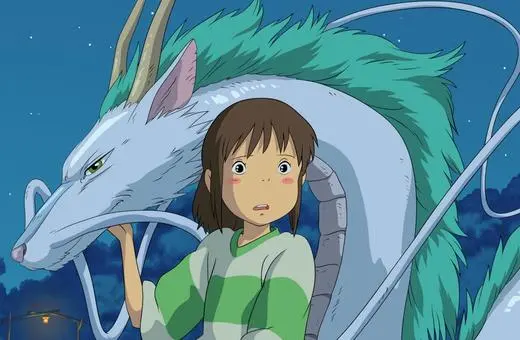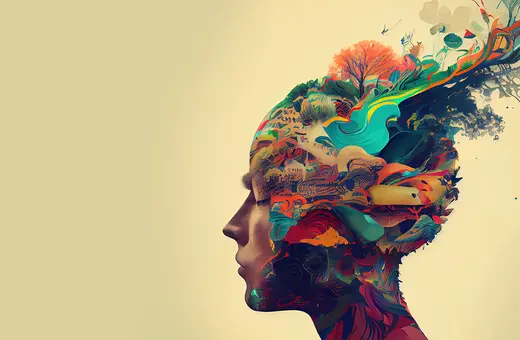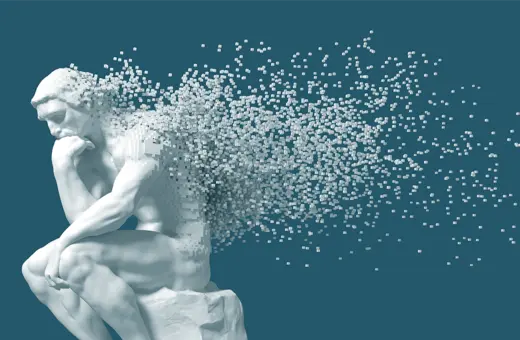Research suggests that creativity has been declining over recent centuries¹; a trend which shows no sign of abating. But why is this the case? And is there a way of reviving creativity within the confines of the modern world? In this article, Peter Carruthers examines the origins of creativity, and argues that in order to reclaim this lost art, we must put down our devices, and allow our minds to wander again.
Creativity is the production of things that are both novel and valuable (whether physical artefacts, actions, or ideas). But what are the sources of creativity? Are there different kinds of creativity? And how can creativity be facilitated or impeded?
The sources of creativity are unconscious. You can’t force it or choose it. You have to let it come. The Greeks even believed that there are divine spirits—the Muses—who whisper into their devotees’ ears, giving them inspiration. If we don’t go down that road, we are left with a puzzle: how does the unconscious mind come up with valuable forms of novelty? Although creative ideas seemingly come “out of the blue,” they aren’t random. Even if they don’t work out on further inspection, they are generally at least relevant to the task or problem they are designed to address. So how does this happen? In order to answer that question, we need to distinguish between two forms of creativity: online and offline.
Online creativity happens “in the moment,” under time pressure. Think, here, of jazz improvisation, freestyle rap, improv comedy, and—more mundanely—witty conversation. In such cases, there is no time to think or plan, yet some people nevertheless manage to produce something new and valuable (at least some of the time—of course attempts at wit can fail miserably). The other kind of creativity happens while one’s mind is engaged with something else (“offline”). Ideas occur to one while in the shower, or while taking a walk. But they aren’t random, either; they at least purport to address some problem or puzzle that has remained in the background.
___
Many of us are aware that when one hits a wall, one should take a break ... this allows the relevance system to sift through unconsciously-activated ideas and memories in the meantime, evaluating them as potential solutions to the problem
___
Online creativity leverages the competitive character of normal action-selection. Whenever an action is in the offing, multiple competing motor plans become active and are swiftly evaluated (unconsciously) for adequacy and ease of implementation. But such competitions are also heavily biased by what cognitive scientists call the “relative accessibility” of the representations involved, which in turn is influenced by frequency of occurrence in the context—in short, by habits. People who have found a way to harness online creativity in a given domain manage to suppress the obvious, most accessible, continuation of a sentence or musical phrase, and to select one of the less-accessible alternatives. There is a story to tell about how that happens. But that is not what I want to focus on here. For it is offline creativity that correlates with real-world success in most forms of art, science, and business innovation; and there is some reason to think that the two forms of creativity are anti-correlated.





















Join the conversation